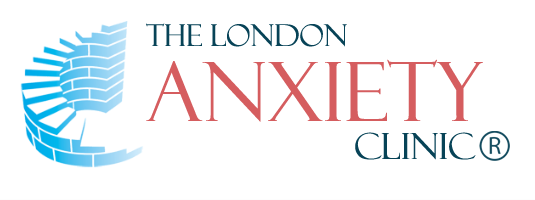FAQ at the London anxiety clinic Harley Street
What happens when I arrive at your Harley Street clinic?
It is important for all our clientèle to know that we pride ourselves on offering a confidential and discreet service that protects your privacy and anonymity. Upon arrival at your appointment time, you will be greeted personally and taken to our consulting room.
Can you tell me about VIP arrangements?
Of course, a discreet service that protects your privacy and anonymity is of upmost importance for our clients and we can assure you of our service. To provide this we ensure there are discreet side entrances for exit and entry. We can ensure that you have no contact with the reception staff or waiting in any public area within the clinic. Upon arrival at your appointment time, you will be greeted personally and taken to our consulting room. All notes are kept securely with the consultant, no other persons have access and your name is not identifiable on any notes we keep. Card payments can be processed through an anonymous payment system to protect your identity.
Do you provide home visits?
The Clinic for Anxiety central London, Harley Street does provide home visits and also to your office or agreed location. Naturally there are additional charges for travel and any associated costs. We ensure that all fees are agreed with you in advance upon our initial consultation.
How long do the sessions last?
Depending on the issues we are working with and the approach we are using, sessions can last up to an hour and a half in total. There is only one fixed fee and this includes your therapy session, any psycho-educational materials we provide and hypnotherapy recordings.
How quickly will my anxiety improve?
As we are all so uniquely different, the pace at which a person can reduce their anxiety will be dependant upon their own personal cirucmstances. For example this will take into consideration, the history of the presenting concern, relational dynamics, psychological difficulties, biology, physiology, including posture, nutrition and then the behaviours that a client may wish to change too. Anxiety treatment is tailored for each individual as it is not a 'one size' fits all plan.
How do you get rid of or overcome anxiety?
Both the brain and body respond with anxiety - these experiences can be identified psychologically with thoughts, physically with physical sensations, and behaviours that may include a position of stillness, freeze, panic and or avoidance: to move away from the perceived threatening stimulus. The general term used for these responses is the fight and flight response.
This response has been inherited from our ancestors who were often confronted by life threatening situations. The body undergoes a physiological and psychological response to these threats. In the ‘modern day, ’ we still have this protective mechanism, and whilst not confronted by life threatening situations like our ancestors were, situations can be perceived as threatening even when rationally they are known not to be. This can set off the alarm signals in the body alerting these physiological and psychological responses to take place, ultimately it is about wanting to be safe.
What you will learn is how to reduce the unnecessary levels of anxiety you have been experiencing, this can include psychological techniques, physiological techniques that activate pathways in the nervous system and if required learn how nutrtion, exercise and lifestyle choices all contribute to improving your wellbeing.








